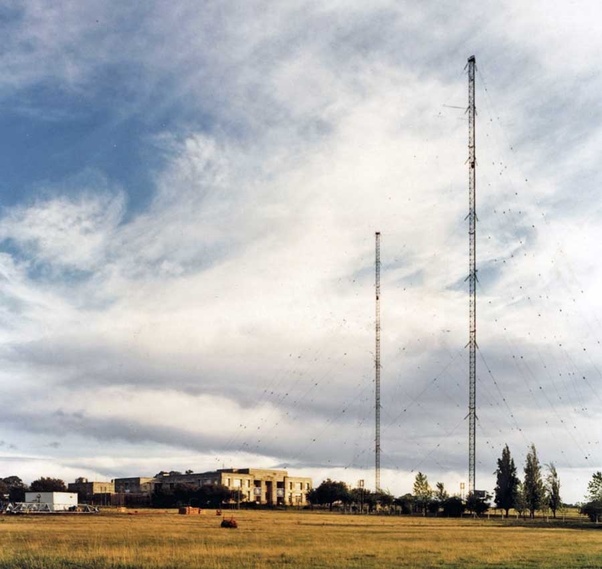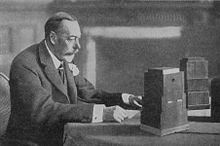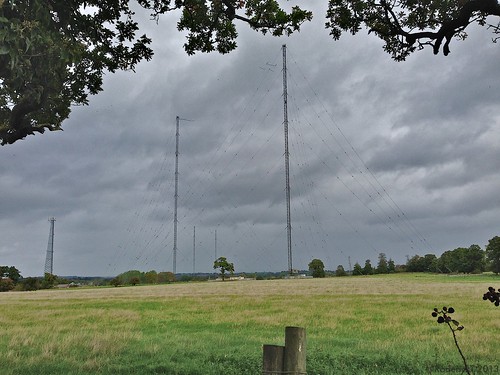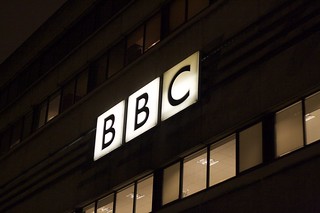About the Campaign
In May 2023 the BBC announced plans to cease broadcasting on Longwave in the near future, ending nearly 90 years of longwave broadcasts from the historic Droitwich Transmitter as well as output from its two Scottish subsidiaries. A separate longwave schedule was ended in March 2024, and the BBC has announced plans to shut down longwave entirely during 2025 – in the centenary year of longwave transmissions beginning from Daventry in 1925. The Campaign to Keep Longwave exists to oppose this shutdown. We believe that longwave radio is a vital piece of national infrastructure as well as an important part of the UK’s broadcasting heritage that continues to provide a lifeline to many. Please support our petition to prevent its demise. Click here to sign our petition to the BBC to keep Radio 4 broadcasting on Longwave.
How else can you help?
Get Involved
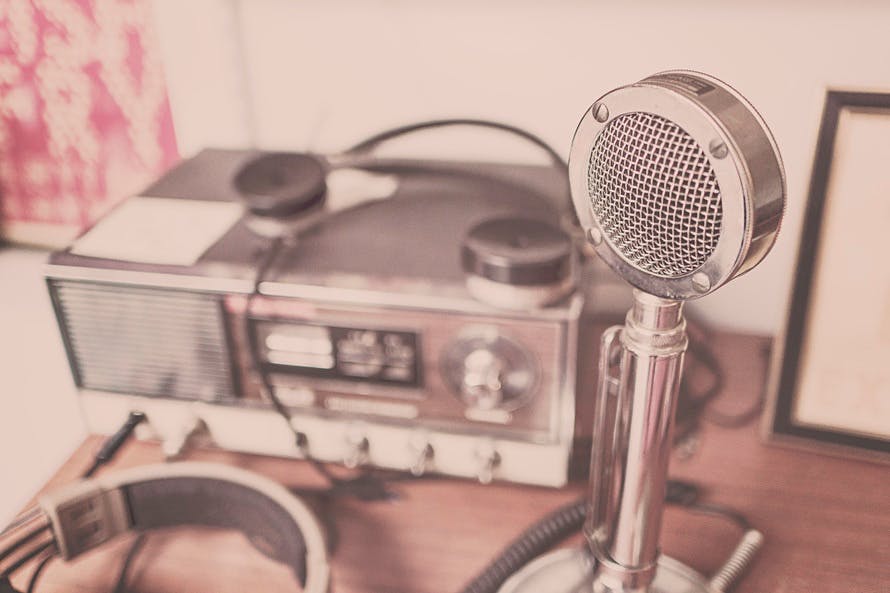
Sign up to hear more news about the campaign to keep longwave and play a part in its preservation.
Keep Listening

Enjoy the sound of BBC Radio 4 broadcasting on longwave across the UK and beyond on 198 kHz.
Why do we care about longwave radio?
Longwave is an important part of our radio heritage here in the UK. The BBC began transmissions on longwave at Daventry in 1925, and has been broadcasting to the entirety of England and Wales, and much of Ireland and the European continent, from the single transmitter at Droitwich since 1934. Two subsidiary transmitters serve Scotland.
Learn more about the history of longwave
Energy-efficiency
Longwave’s unique feature is its ability to travel large distances, owing to the size of the radio waves that it broadcasts. That means that a single transmitter can be used to serve an entire country and beyond – a remarkably efficient way to broadcast. This makes it the medium of choice for a climate-conscious age. To get the same coverage requires 100s of digital radio (DAB) or FM transmitters, which means a much greater cost of materials and energy required to make those broadcasts. Longwave receivers use a fraction of the energy used by smartphones, computers, smart speakers and many DAB radios to receive the same programme.
Find out about how longwave can help to save energy
Nobody left out
Since longwave coverage is almost universal in the UK, it can be heard by anyone anywhere. There are still regions where other types of radio broadcast cannot reach, making it an important lifeline. Longwave doesn’t require an internet connection or ‘phone signal, both of which can be unreliable. It can even be used by fisherman across the waters surrounding the British Isles to get all-important updates via the Shipping Forecast.
Learn about Longwave as a crucial piece of national infrastructure
